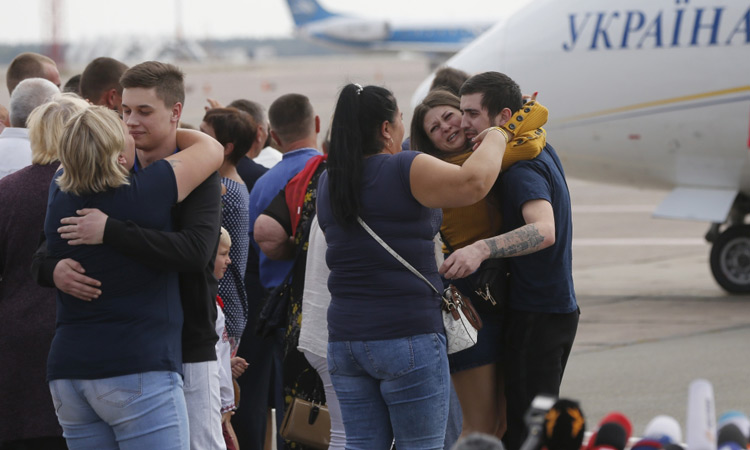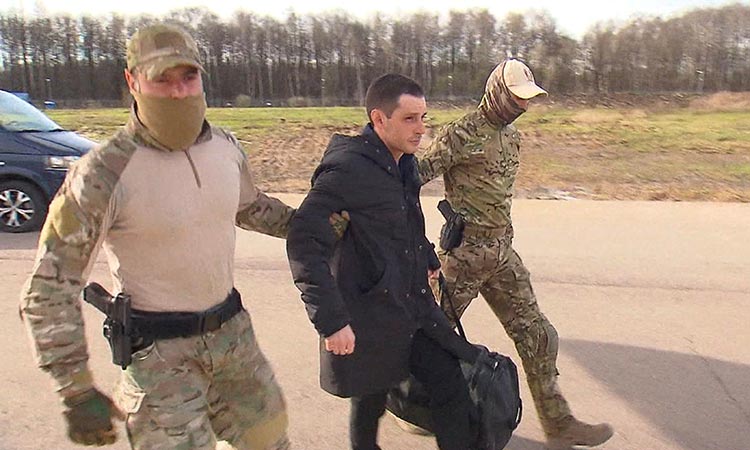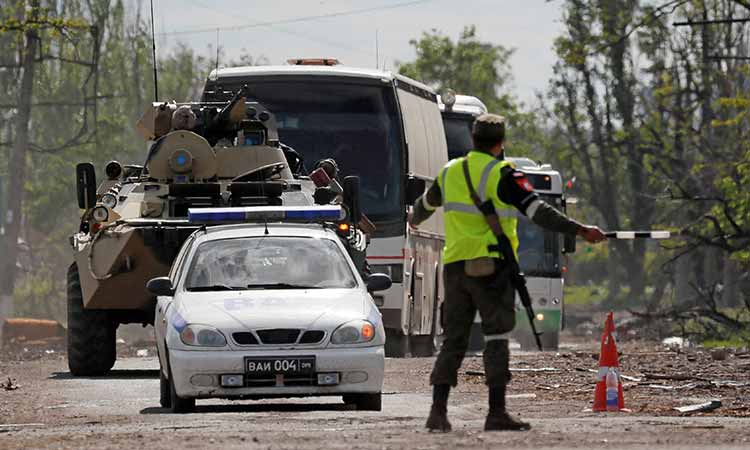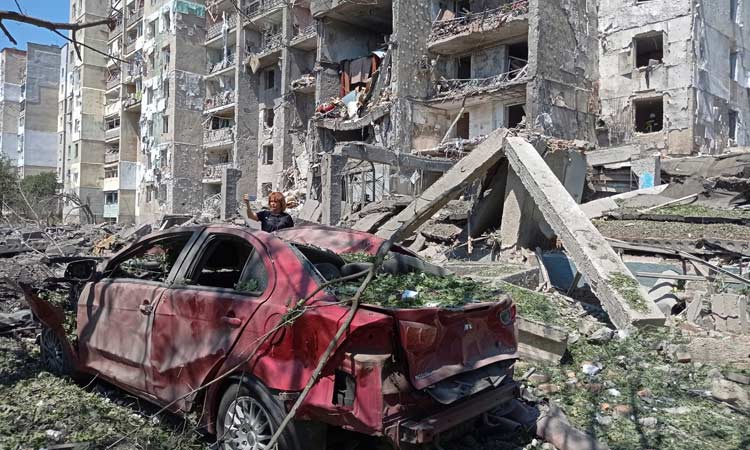The new ways of war in Ukraine
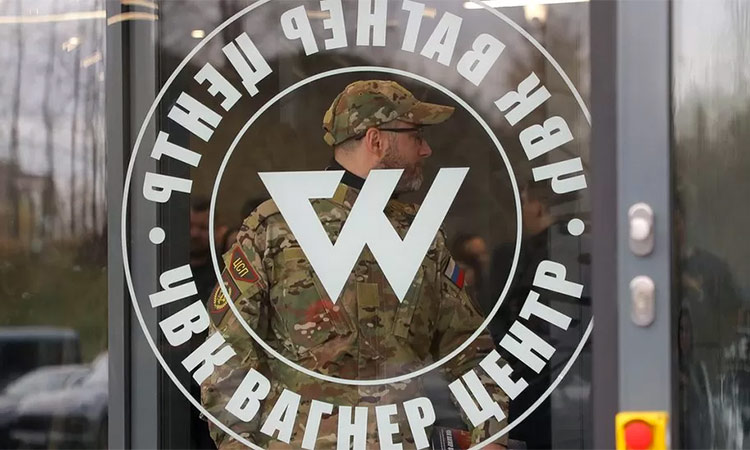
Tens of thousands of mercenaries are believed to be fighting for Russia in Ukraine.
The missile attacks have become the norm, and it seems that the involvement of the air force and aerial bombing as it had happened even in the Vietnam war, in the 1970s, 50 years ago. It is the raining of missiles, especially from the Russians. It would seem that the Russians have decided to bombard Ukrainian cities with missiles. The new development in this war has also been the use of drones, the latest development aimed at for many civilian purposes but which has been adapted for military use. The third major development has been the use of Wagner, a mercenary force of Russia. The Wagner has deployed itself, and it could not have been done without the knowledge of the Russian government, in the conflict zones in Africa, in places like Male and Libya.
But the involvement of the Wagner in the war in Ukraine is a major shift. National wars between two sovereign states like Russia and Ukraine have always been fought by regular armies which served the state. The national armies were not mercenaries. The armies are protected by the rules of war like those enshrined in the Geneva Conventions.
But the entry of a mercenary force like that of the Wagner makes the waging of war a different kind of contest. Will the mercenary force follow the norms of war, of respecting the personal dignity of those captured, of accepting the rules with regard to the prisoners of war, and will they accept the exchange of prisoners of war without a ransom, which is what mercenaries do to keep themselves in business?
It is surprising that no eyebrows were raised when the Wagner was involved in Africa, and there has not been a protest when Wagner has declared itself a combatant in the war in Ukraine. Instead of a Russian defence spokesperson giving an assessment of how the war was going on, it is the man who owns Wagner, Yevgeny Prigozhin, in an interview to a mediaperson, who is explaining the war situation in Ukraine, and he is giving his estimate of how long the war would go on. He is saying that the war will go on for 18 months to two years for Russia to claim victory. It is as though Russia has given the conduct of war to Wagner.
So, the rules of the game of war have changed, and it is necessary for governments and international organisations like the United Nations to take note of the development. Ever since the rise of terrorism in the last quarter century and more, the armed militants of various hues who have come to be known as ‘non-state actors’ have emerged.
And most of the national governments have had to deal with the insurgents inside their territory. But when a mercenary army like the Wagner fights on behalf of a sovereign state like Russia, it becomes a serious issue in international relations. It is not a good sign because the ramifications of using a private army are, to say the least, ominous. The presence of the mercenary army makes peace negotiations between the warring states complicated.
